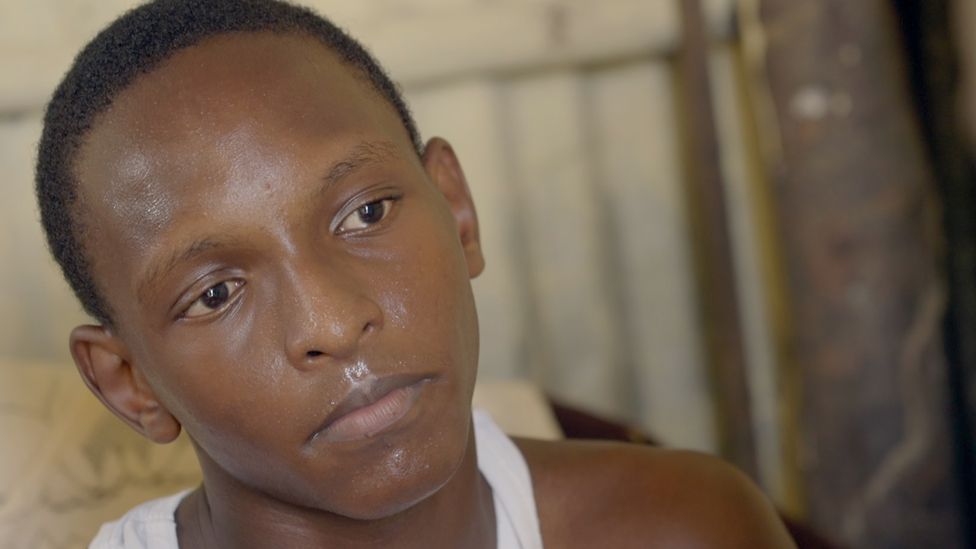-

-
-
Loading

Loading

Caleb Mwangi, a student in Kenya, was severely beaten at his school after taking extra food at breakfast. The beating was so severe that he was put into an induced coma and spent 11 days in the intensive care unit. Caleb's father described his initial condition as unable to speak or leave his bed. Two years later, Caleb still experiences the trauma from the incident, occasionally manifesting as rage and violent behavior. His body is covered in scars, which required skin grafts to heal. This incident is not unique, as corporal punishment in schools has a long history in Kenya. Although it was banned in 2001, many people still believe in its necessity. Shockingly, there has been an increase in severe cases of corporal punishment in recent years. Caleb's case involved the director of his school, Nancy Gachewa, who ordered other students to continue beating him. Gachewa denies these allegations. Furthermore, an employee at the Teachers Service Commission (TSC) revealed that reports of severe school beatings have quadrupled in the last three years. Many incidents are not reported or investigated properly, leading to corrupted evidence and witnesses who cannot be reached. The TSC did not respond to these allegations. Sadly, over 20 deaths linked to school beatings have been reported in the media in the past five years. One of these victims was 15-year-old Ebbie Noelle Samuels, who was beaten by the deputy principal at her boarding school. The school claimed she died in her sleep, but an autopsy revealed severe head injuries that led to her death. Ebbie's mother fought for four years to have her daughter's death investigated. Though the case against the deputy principal is ongoing, Ebbie's mother is determined to seek justice. The Kenyan Ministry of Education declined an interview request. However, an organization called Beacon Teachers Africa, supported by Plan International and the TSC, is working towards change. They educate teachers about children's rights and provide alternatives to corporal punishment. Caleb and his family are anxiously awaiting the outcome of Gachewa's case, hoping for justice. Caleb expressed his desire for her to be jailed. It is clear that corporal punishment in Kenyan schools is a pressing issue that needs to be addressed.